Let’s say you walk into your basement after heavy rain, and there’s dirty, foul-smelling water everywhere. It’s not just rainwater. It’s contaminated and mixed with sewage and bacteria. This is blackwater.
You might think, “It’s just water, I can clean it up.” But wait—blackwater isn’t normal water. It’s full of harmful bacteria, viruses, and toxic waste that can make you seriously sick. If you don’t handle it the right way, it can spread diseases, ruin your home, and cause long-term health problems.
So, what is blackwater? Why is it so dangerous? And what should you do if you’re dealing with it? Let’s break it down here so you know how to stay safe and act fast.
What is Blackwater? How is it Different from Greywater and Clean Water?
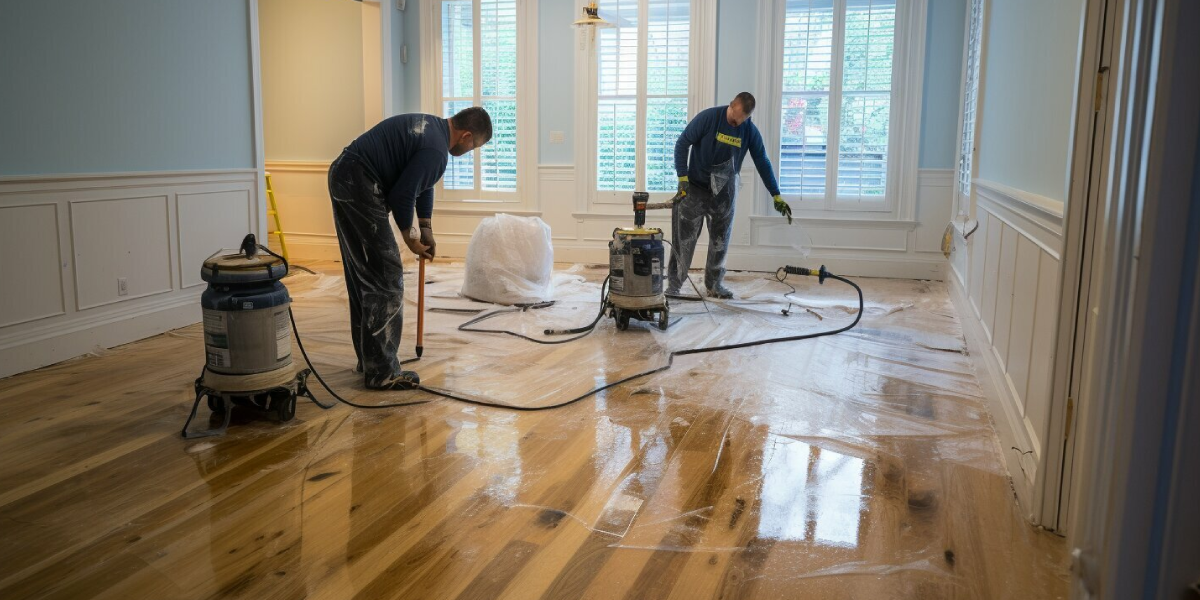
Not all water is bad water. When there’s a leak or a flood in your home, the type of water makes a huge difference. Some water is safe, while others can be very dangerous.
Blackwater, also called Category 3 water, is highly contaminated water. Here’s why Blackwater spills or Cat 3 Water Damage happen:
- Sewage backups – Toilets overflow, sewer pipes break
- Flooding – Storms, hurricanes bring contaminated water
- Plumbing failures – Burst pipes carry waste
- Septic system overflows – Poor maintenance causes leaks
Blackwater vs. Greywater vs. Clean Water
| Type of Water | Category | Source | Danger Level |
| Clean Water | Cat 1 | Rainwater, tap water leaks | Safe (No contaminants) |
| Greywater | Cat 2 | Sinks, showers, washing machines | Low risk (Some dirt and soap) |
| Blackwater | Cat 3 | Toilets, sewage backups, floodwater | Very dangerous (Bacteria, viruses, and chemicals) |
Data on Blackwater Contamination
- A significant percentage of floodwater samples contain harmful bacteria. (Source: CDC)
- Mold starts growing within 48 hours of blackwater exposure. (EPA research)
- A high chance for people exposed to blackwater to develop infections. (Health studies)
How Quickly Blackwater Spreads Risks
| Time After Contamination | Risk Level |
| 0-24 hours | Bacteria starts growing |
| 24-48 hours | Mold begins to spread |
| 48+ hours | Airborne diseases, structure damage |
Why is Blackwater a Serious Health Risk?
Blackwater is not just dirty—it’s dangerous. It can cause infections, diseases, and breathing problems. It carries germs, chemicals, and toxic waste that can make people very sick. If blackwater enters your home, it’s a serious health risk. You shouldn’t touch it or try to clean it yourself.
Let’s break down in detail why blackwater is so harmful.
1. Blackwater Spreads Bacteria & Viruses
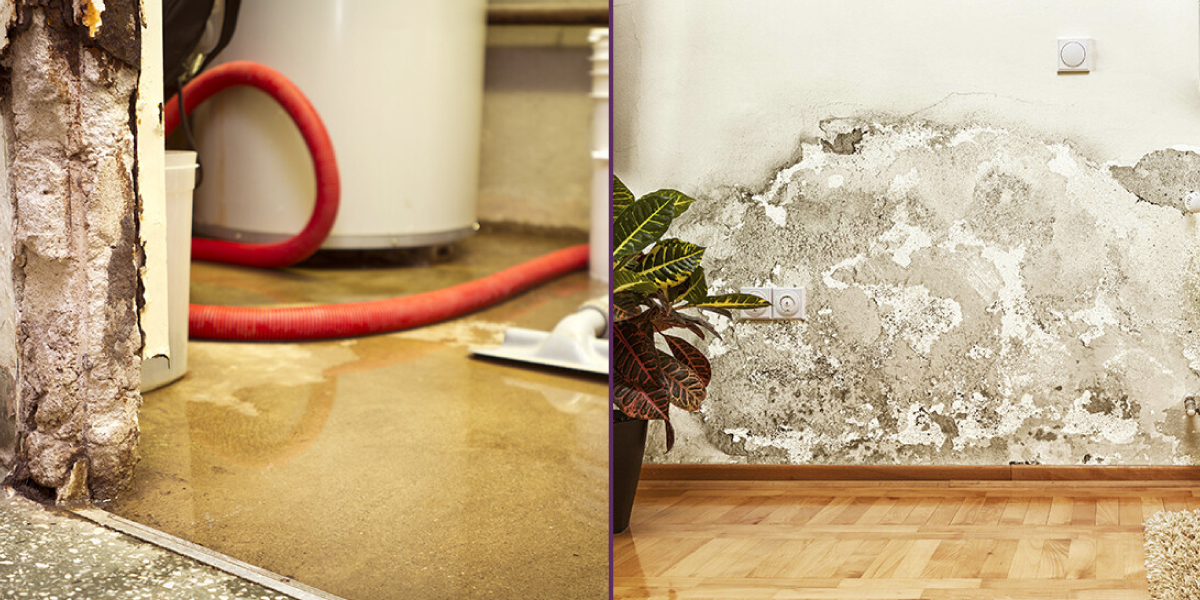
Blackwater is full of bacteria, viruses, and parasites. When you come into contact with it, these germs can cause serious infections.
The Most Dangerous Germs in Blackwater:
- E. coli – Causes stomach pain, vomiting, and diarrhea.
- Hepatitis A – A virus that damages the liver and spreads through contaminated water.
- Salmonella – Causes food poisoning symptoms like fever and diarrhea.
- Norovirus – Known as the “stomach flu,” it spreads fast and causes severe vomiting and diarrhea.
What Happens If You’re Exposed to Blackwater?
- If blackwater touches your skin, it can cause rashes or infections.
- If you breathe in contaminated air, you might get lung infections or breathing problems.
- If blackwater gets into your drinking water, it can cause severe food poisoning and dehydration.
This is why you should never handle blackwater without professional help!
2. Blackwater Contains Toxic Chemicals & Waste
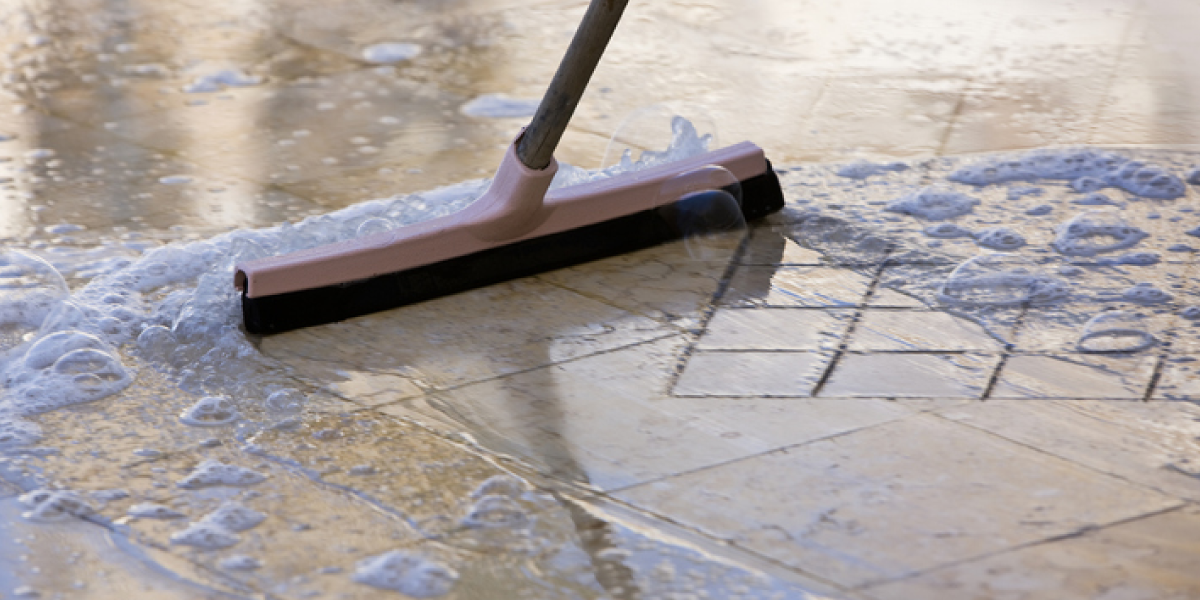
Blackwater isn’t just filled with germs—it also has toxic chemicals from sewage, floodwater, and industrial waste.
What’s in Blackwater That’s So Dangerous?
- Pesticides – Can damage the nervous system and cause poisoning.
- Heavy Metals (Lead, Mercury, Arsenic) – Can cause brain and kidney damage.
- Industrial Waste – May contain cancer-causing chemicals.
- Household Chemicals – Cleaning products, bleach, and detergents that can burn skin and damage lungs.
How Can These Chemicals Affect You?
- Nerve Damage – Some chemicals in blackwater affect brain function and coordination.
- Liver & Kidney Damage – Toxic waste forces your body to work harder to remove poisons.
- Poisoning – Some contaminants can be fatal if swallowed.
This is why blackwater is classified as “Category 3 Water Damage“—the most dangerous type!
3. Blackwater Produces Foul Odors & Airborne Contaminants

If you’ve ever smelled sewage or rotten eggs, you know how bad blackwater stinks. But the smell isn’t just unpleasant—it’s a sign that the air is filled with harmful gases and mold spores.
What’s Floating in the Air When Blackwater is Present?
- Bacteria & Mold Spores – These can get into your lungs and cause infections.
- Hydrogen Sulfide Gas – This toxic gas smells like rotten eggs and can cause nausea and dizziness.
- Methane Gas – Odorless but highly flammable and dangerous in large amounts.
What Happens If You Breathe in Contaminated Air?
- Lung Infections – Bacteria and mold spores cause pneumonia-like symptoms.
- Severe Allergies – Sneezing, itchy eyes, and difficulty breathing.
- Asthma Attacks – People with asthma are at higher risk of serious breathing problems.
If you ever smell a strong sewage odor, leave the area immediately!
4. Blackwater Leads to Mold Growth (in Just 24-48 Hours!)
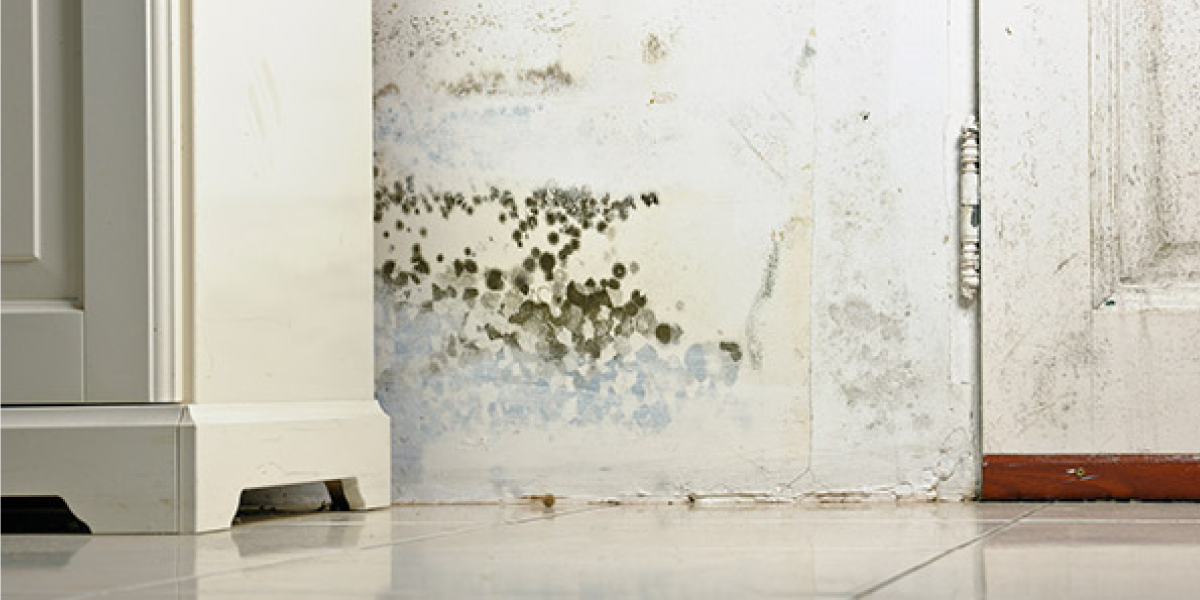
Mold loves moisture. If blackwater soaks into your walls, floors, or carpets, mold will start growing fast. Within one to two days, you could have a serious mold problem.
How Does Mold from Blackwater Affect Your Health?
- Breathing Problems – Mold spores can trigger coughing, wheezing, and lung infections.
- Skin Allergies – Some people develop rashes or itching.
- Weakened Immune System – Mold exposure makes it harder for your body to fight infections.
How Does Mold Damage Your Home?
- Destroys Walls & Ceilings – Mold eats away wood, drywall, and carpets.
- Weakens Your Home’s Structure – If left untreated, mold can cause serious damage over time.
- Spreads Quickly – Mold spores travel through the air, affecting other parts of your home.
Mold from blackwater is extremely dangerous. Professionals must remove it!
How to Handle Blackwater Contamination
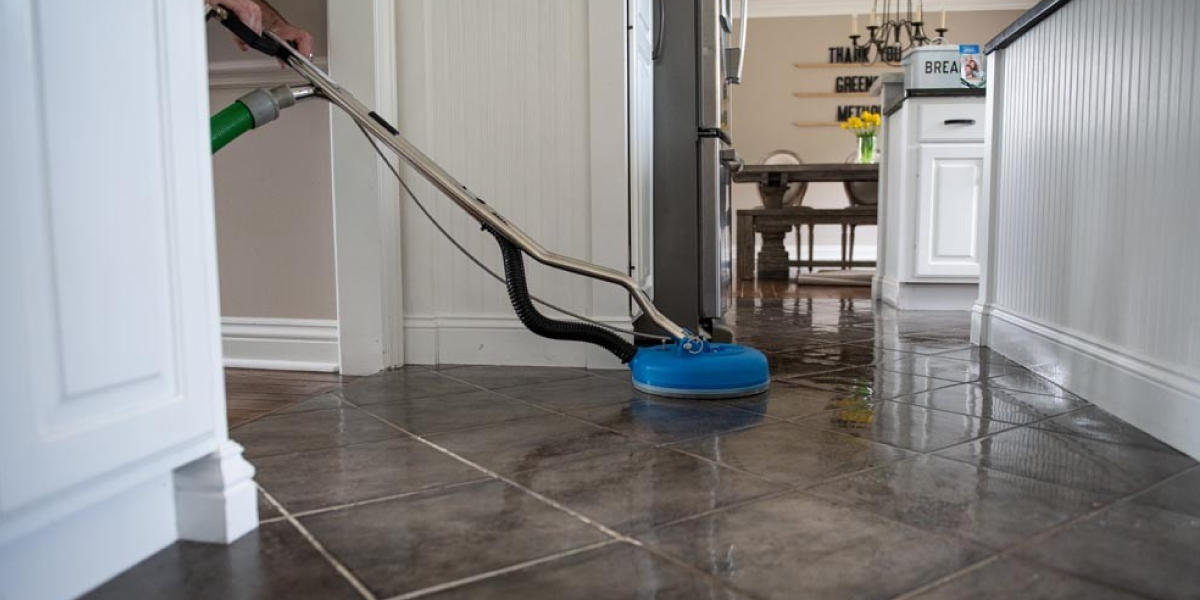
What NOT to Do
Never touch blackwater because it is full of bacteria and harmful germs. Do not try to clean it yourself, as it requires professional equipment and treatment. Also, never ignore the smell—a strong sewage odor means dangerous bacteria and gases are in the air, which can cause health problems.
What to Do Immediately
If you face blackwater contamination, first evacuate the area to keep yourself, your family, and pets safe. Then, call the water damage restoration company because Category 3 water (Cat 3 water) is too dangerous to handle without proper tools.
If you must be near the affected area, wear protective gear like gloves, masks, and boots to avoid direct contact. Once the professionals arrive, they will use strong disinfectants like bleach to kill bacteria and make the area safe again.
If you need help with water damage, SOS Restoration is here for you.
We stop the damage from getting worse and then fix everything. We fix leaks, remove the water, and restore your home fast. We also handle mold and bacteria and repair things like walls and floors.
We’re available 24/7 and can even help with your insurance!
How to Prevent Blackwater Damage
The best way to avoid blackwater damage is through regular plumbing maintenance—fix leaks, check pipes, and make sure your drains work properly. If you use a septic system, pump it out regularly to prevent overflows.
Installing backflow prevention devices can stop sewage from backing up into your home. If you live in a flood-prone area, flood-proofing your home with sump pumps and proper drainage can help keep contaminated water out.
Are you interested in learning how to get insurance to pay for water damage? Then, you can visit this insightful write-up.
Wrapping Up
Hopefully, you now have a pretty good idea of what blackwater is. It’s a big problem because it can make you sick and cause serious damage to your home. If you have blackwater damage, don’t try to clean it yourself—call the professionals right away.
Always take blackwater seriously—it’s not just dirty, it’s dangerous. Stay safe, act fast, and protect your home!
FAQs
|

